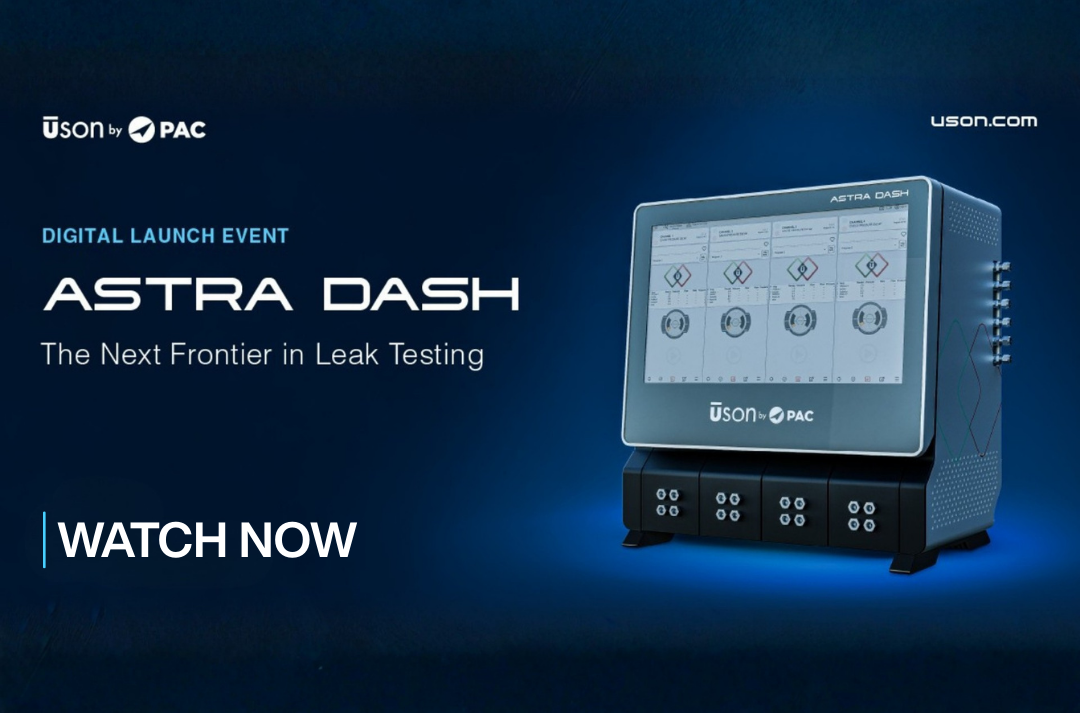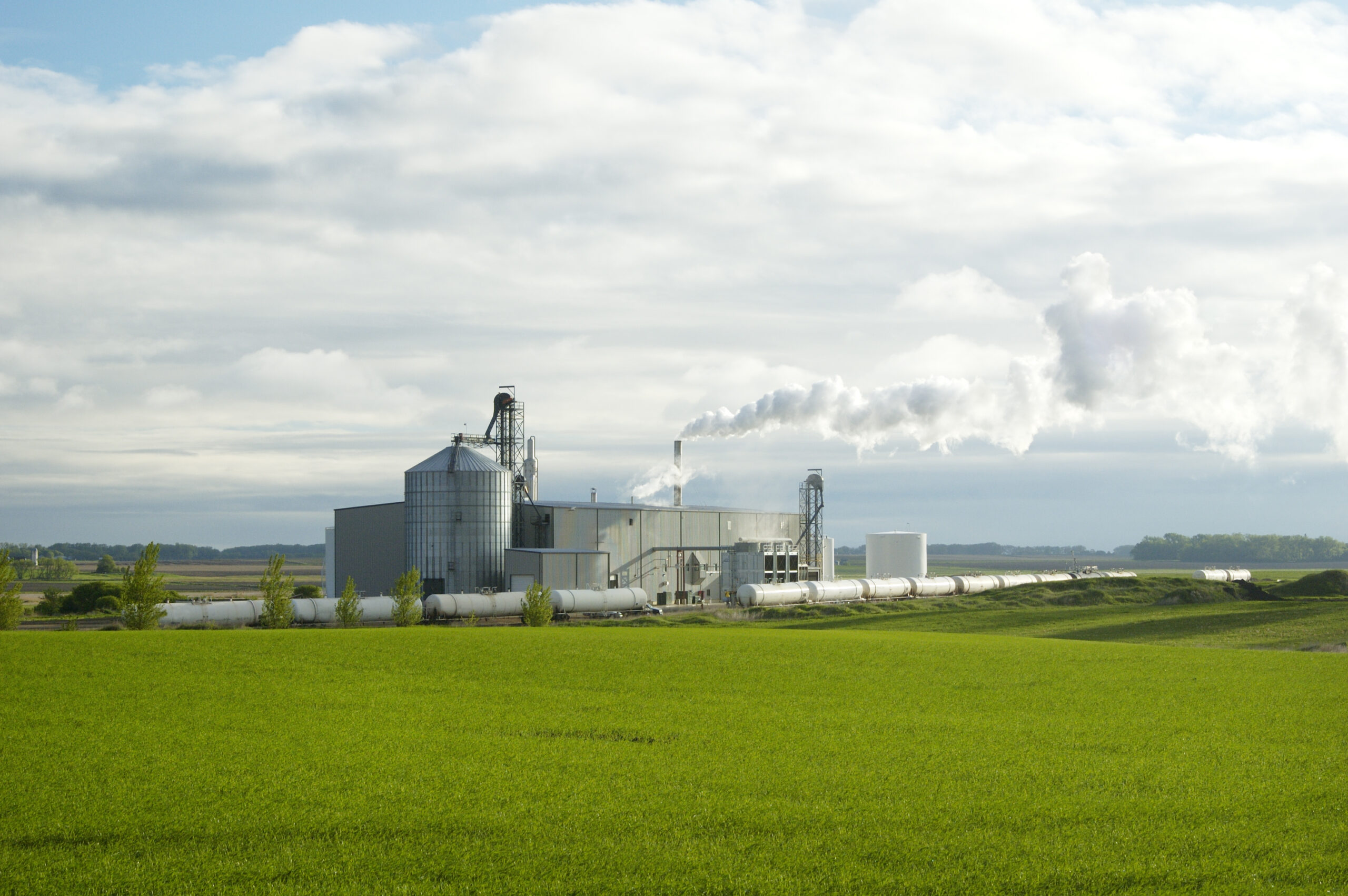Featured
Guide: Sustainable Fuels Outlook
View the Guide: PAC – Sustainable Fuels Guide ⟶ PAC’s Sustainable Fuels Outlook: Exploring the Future of Renewable Energy PAC’s Sustainable Fuels Outlook provides...
Read More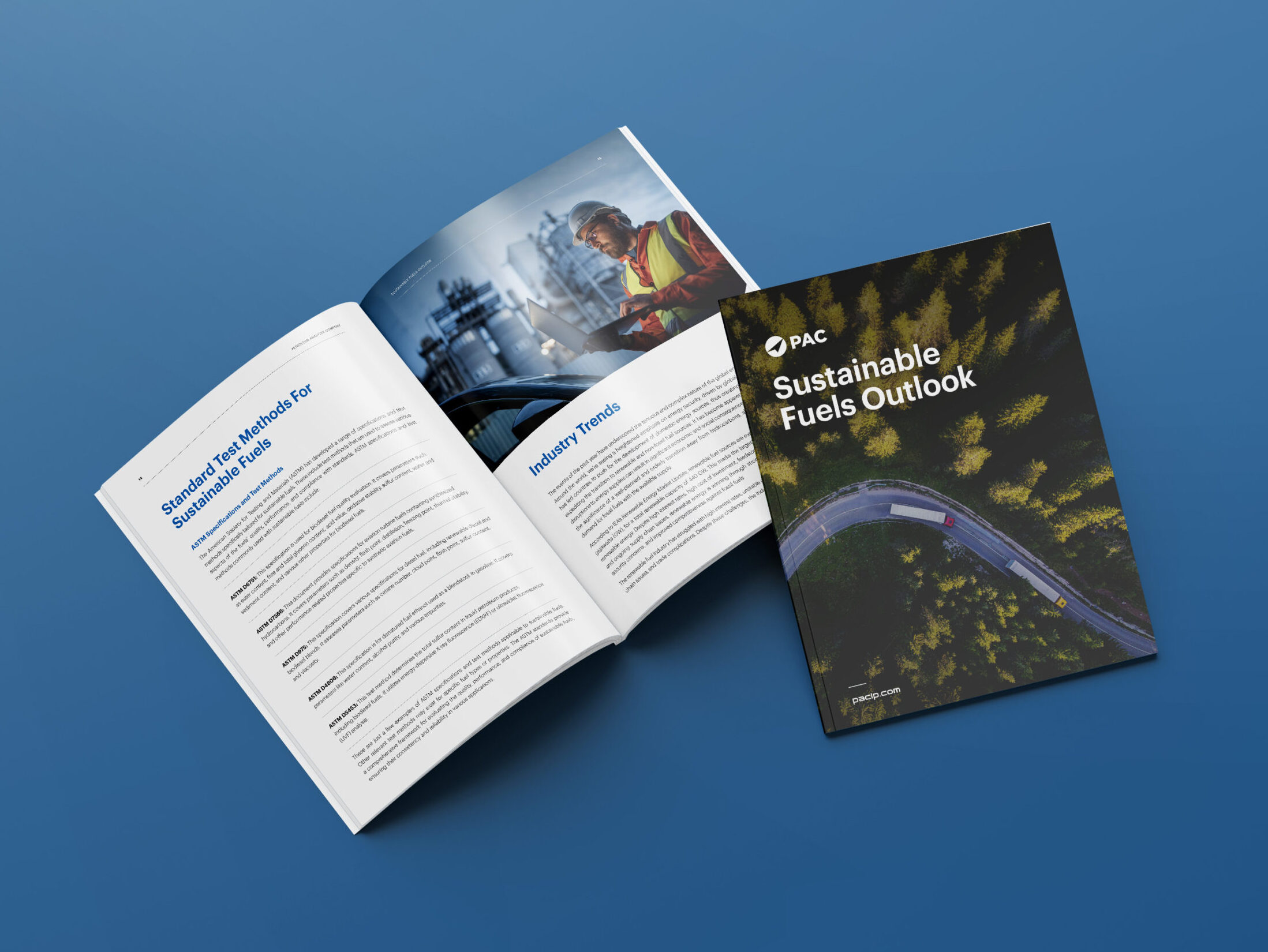
Sort By

Webinar: The Progress of SAF in South East Asia and Associated PAC Solutions
Watch Now | Renewables Webinar Series: Go Green with PAC
Read More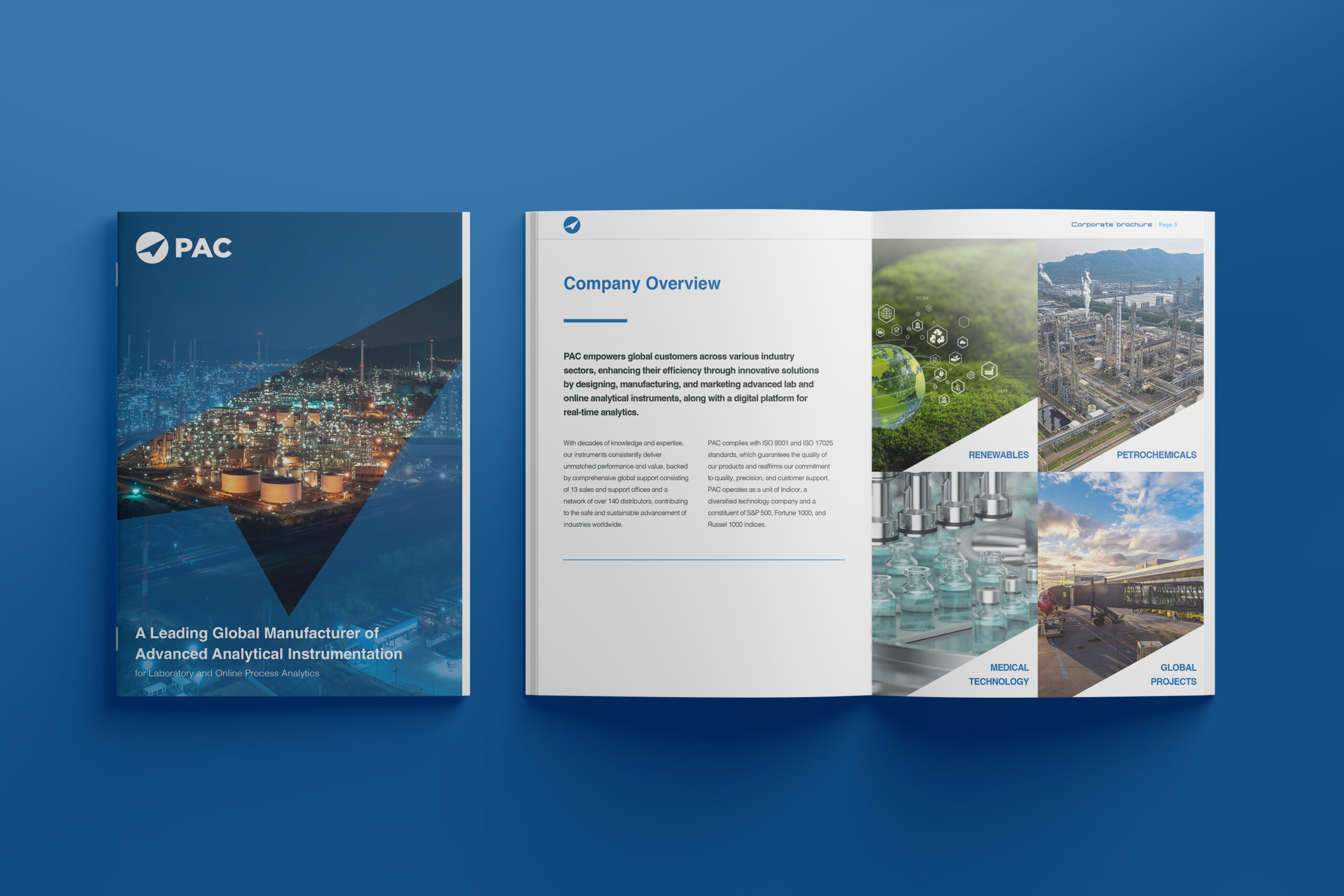
PAC Overview Brochure
Discover PAC’s comprehensive portfolio of solutions designed to elevate your laboratory operations, streamline process workflows, and deliver powerful digital insights. Download the full overview now...
Read More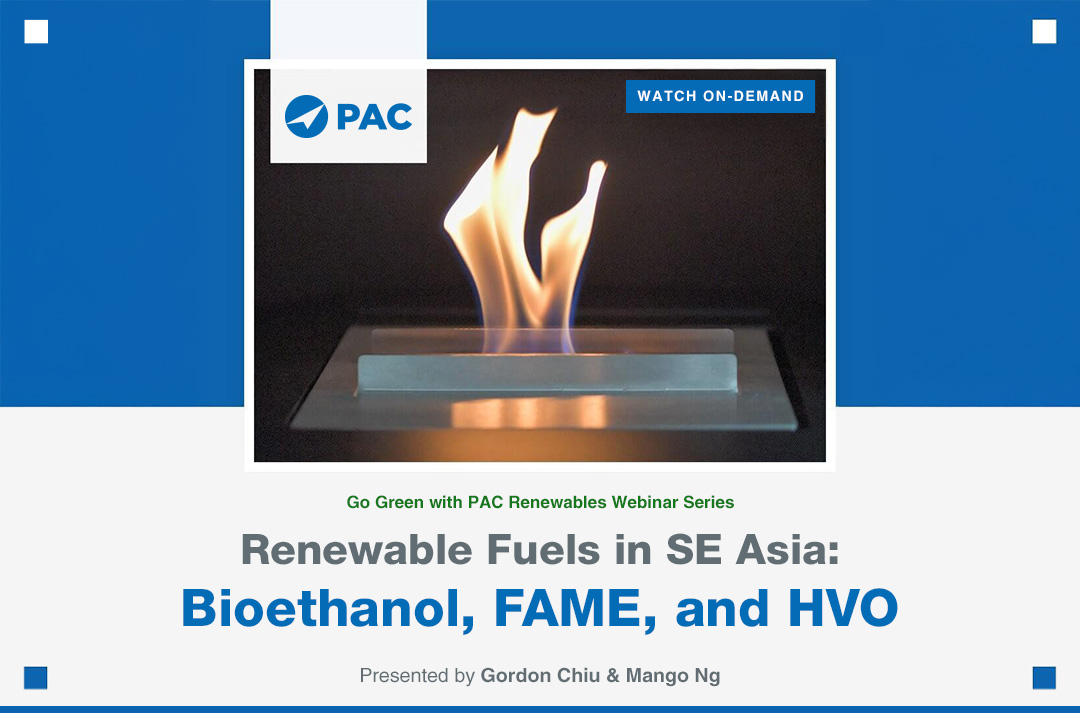
Webinar: Renewable Fuels in South East Asia – Bioethanol, FAME & HVO
Watch Now | Renewables Webinar Series: Go Green with PAC
Read More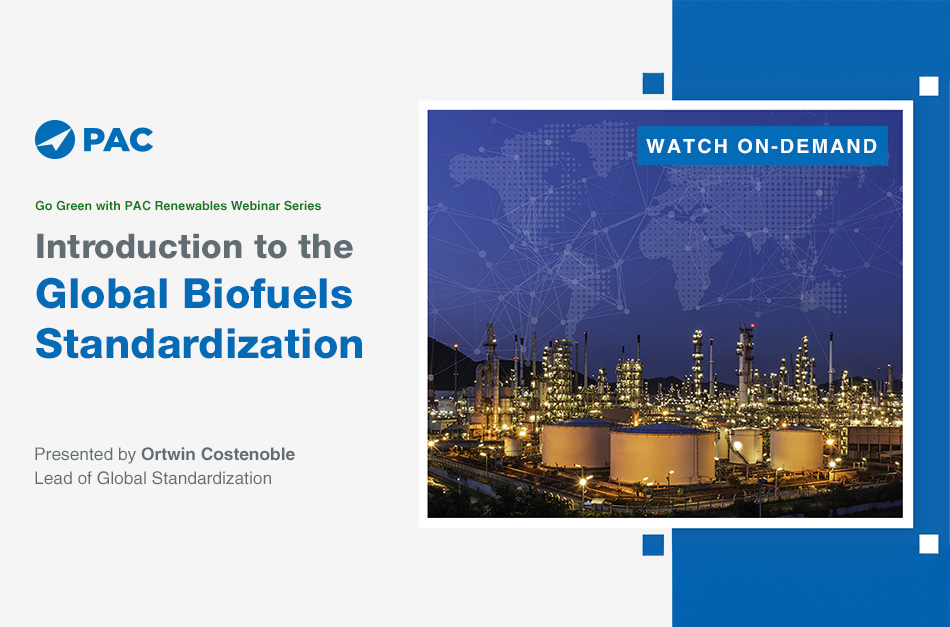
Webinar: Introduction to the Global Biofuels Standardization
Watch Now | Renewables Webinar Series: Go Green with PAC
Read More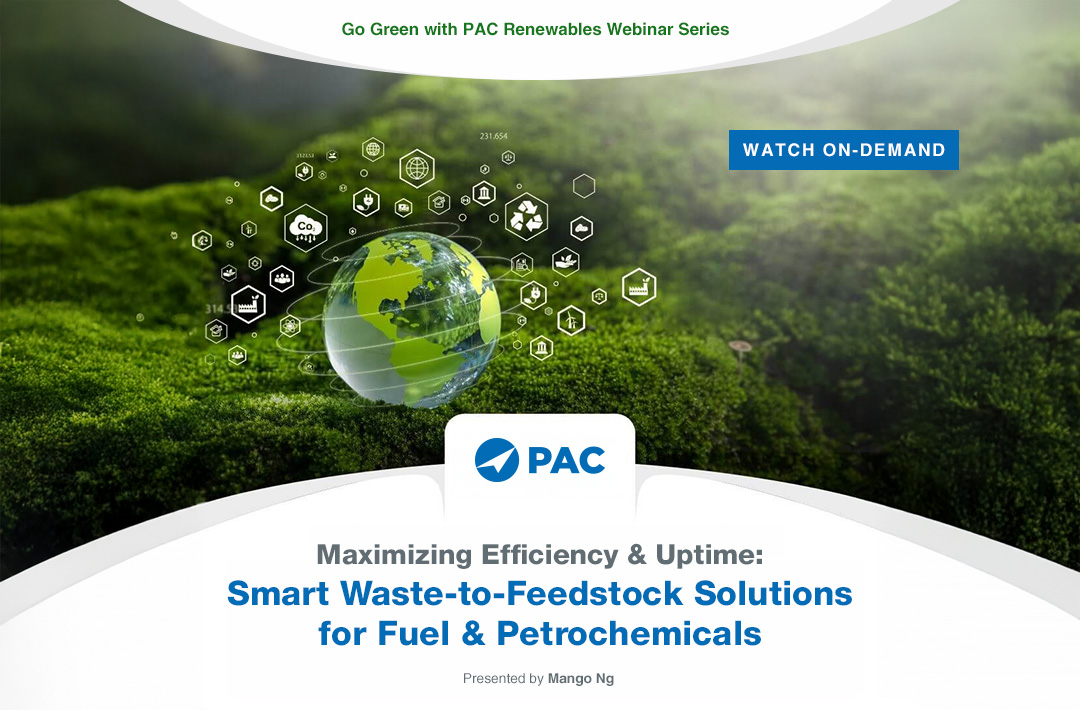
Webinar: Maximizing Efficiency and Uptime: Smart Waste-to-Feedstock Solutions for Fuel & Petrochemicals
Watch Now | Renewables Webinar Series: Go Green with PAC
Read More
Webinar: The Current and Future Biofuel Trends in South East Asia
Watch Now | Renewables Webinar Series: Go Green with PAC
Read More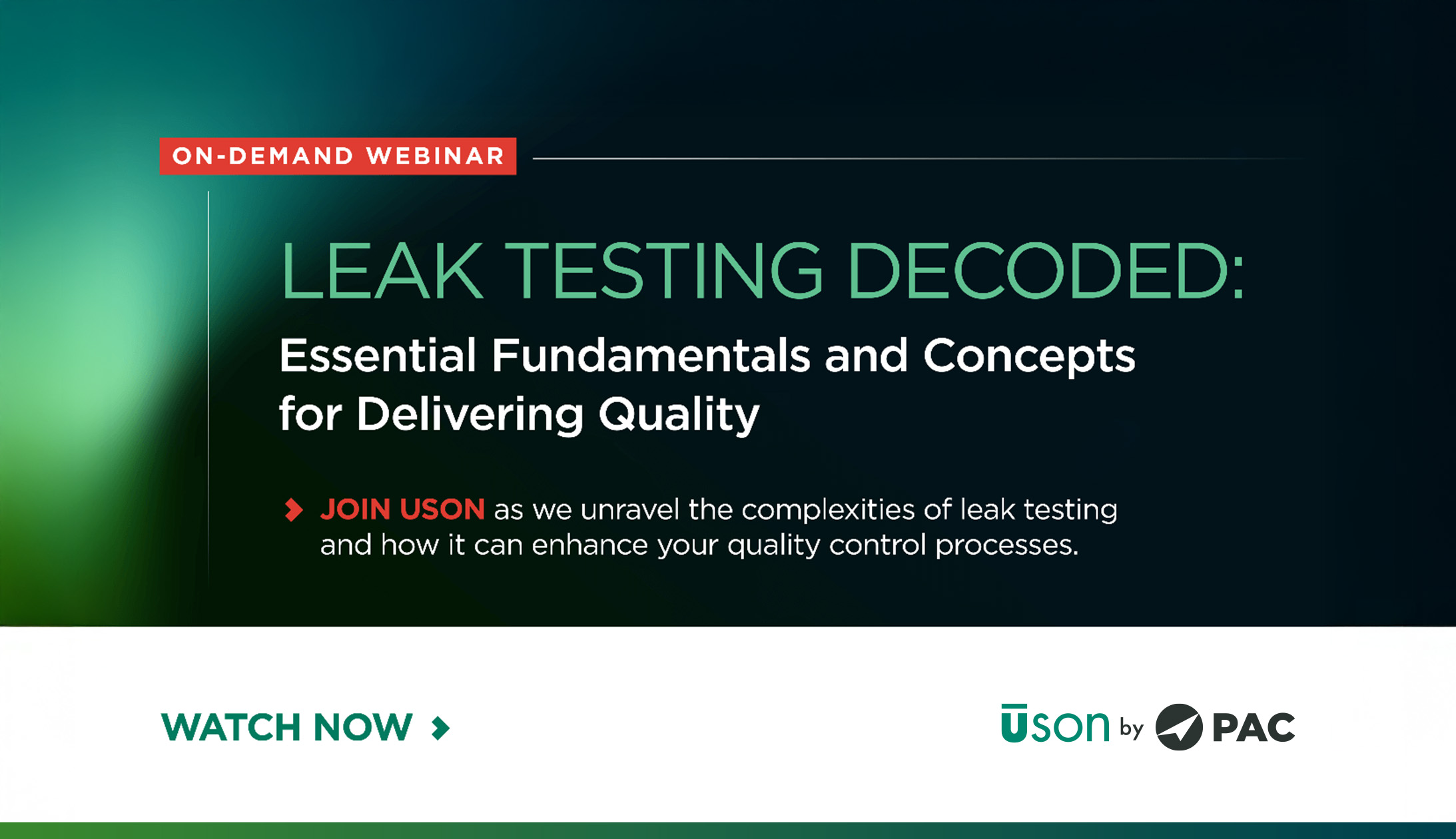
Webinar: Leak Testing Decoded: Essential Fundamentals and Concepts for Delivering Quality
Watch Now | Leak Testing Decoded: Essential Fundamentals and Concepts
Read More
Maximizing Efficiency and Accuracy in Refinery Blending
This case study explores how the MicroDist analyzer helps refineries reduce product giveaway and maximize profitability
Read More
Guide: Sustainable Fuels Outlook
View the Guide: PAC – Sustainable Fuels Guide ⟶ PAC’s Sustainable Fuels Outlook: Exploring the Future of Renewable Energy PAC’s Sustainable Fuels Outlook provides...
Read More
The Relationship Between Pressure Decay & Leak Rate
By default, pressure decay panels measure change in pressure to indicate the presence of a leak in a pressurized test piece e.g., mbar, Pascal, mbar/sec...
Read More
Ensuring Quality & Performance in Wearable Medical Technology: Innovative Non-Destructive Testing Methods for IP67 Products
In modern healthcare, wearable technology has emerged as a revolutionary force, ushering in a new era of personalized and proactive health management. With such technology,...
Read More
Enhancing Fuel Quality with Gas Chromatography
Gas chromatography (GC) is a vital tool for separating and analyzing compounds that can be vaporized without decomposition.
Read More
Transforming the Industry with PACe Digital Ecosystem
Transforming the Industry with PACe Digital Ecosystem.
Read More
The Circular Economy as An Emerging Marketing in the Petrochemicals Industry
Download the Article ⟶ Transforming Petrochemicals: Market Trends, Circular Economy, and PAC Solutions The petrochemical industry is undergoing a significant transformation, shifting focus from traditional...
Read More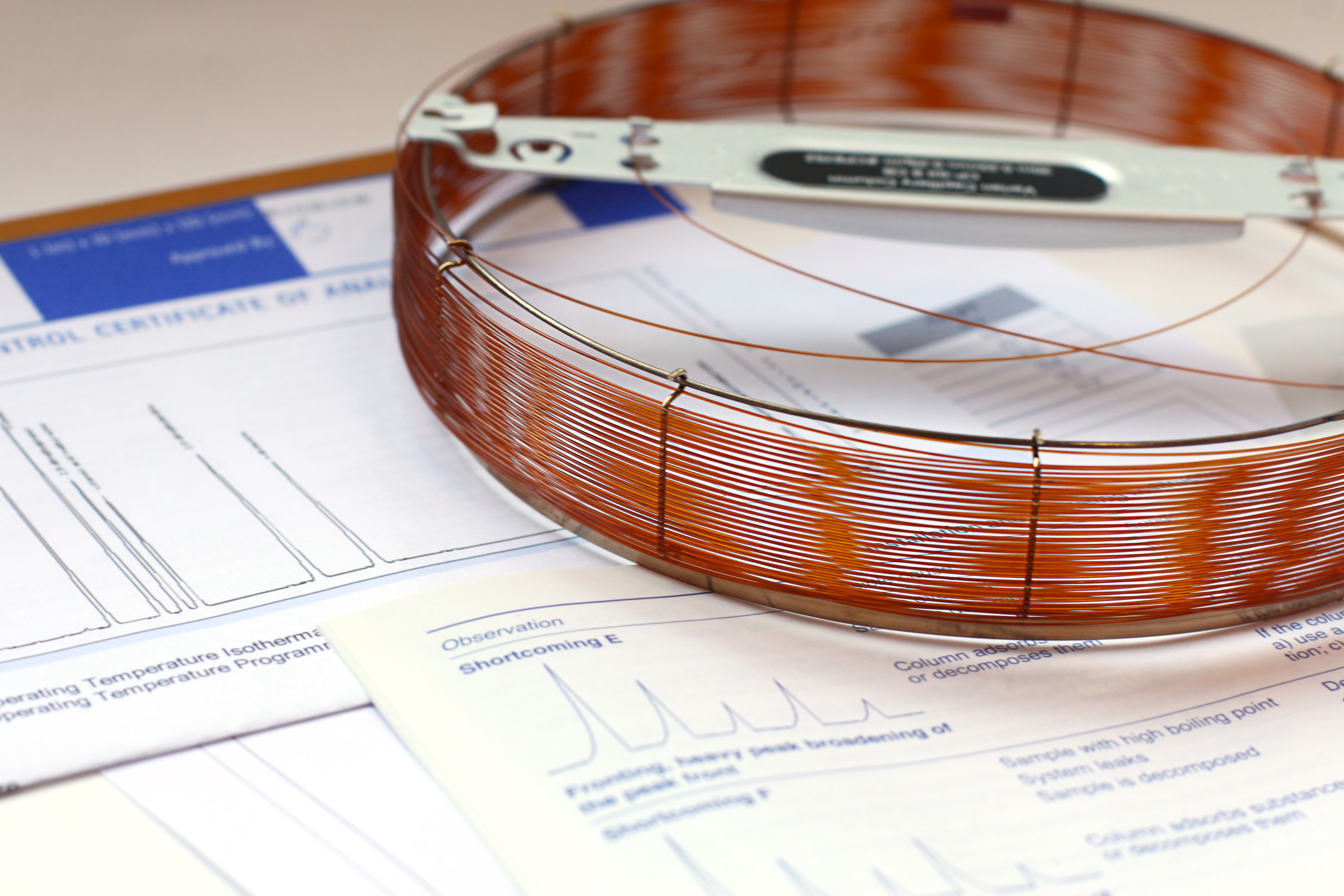
GCxGC Isn’t Just a Tool for Research
How ASTM D8396 is shaping the future of compositional characterization in synthetic aviation fuels (SAF).
Read More
Determination of Total Sulfur by UVF According to ASTM D5453
Sulfur is a natural present element in nearly all hydrocarbon feed streams and responsible for numerous unwanted effects such as detrimental product quality, catalyst poisoning...
Read More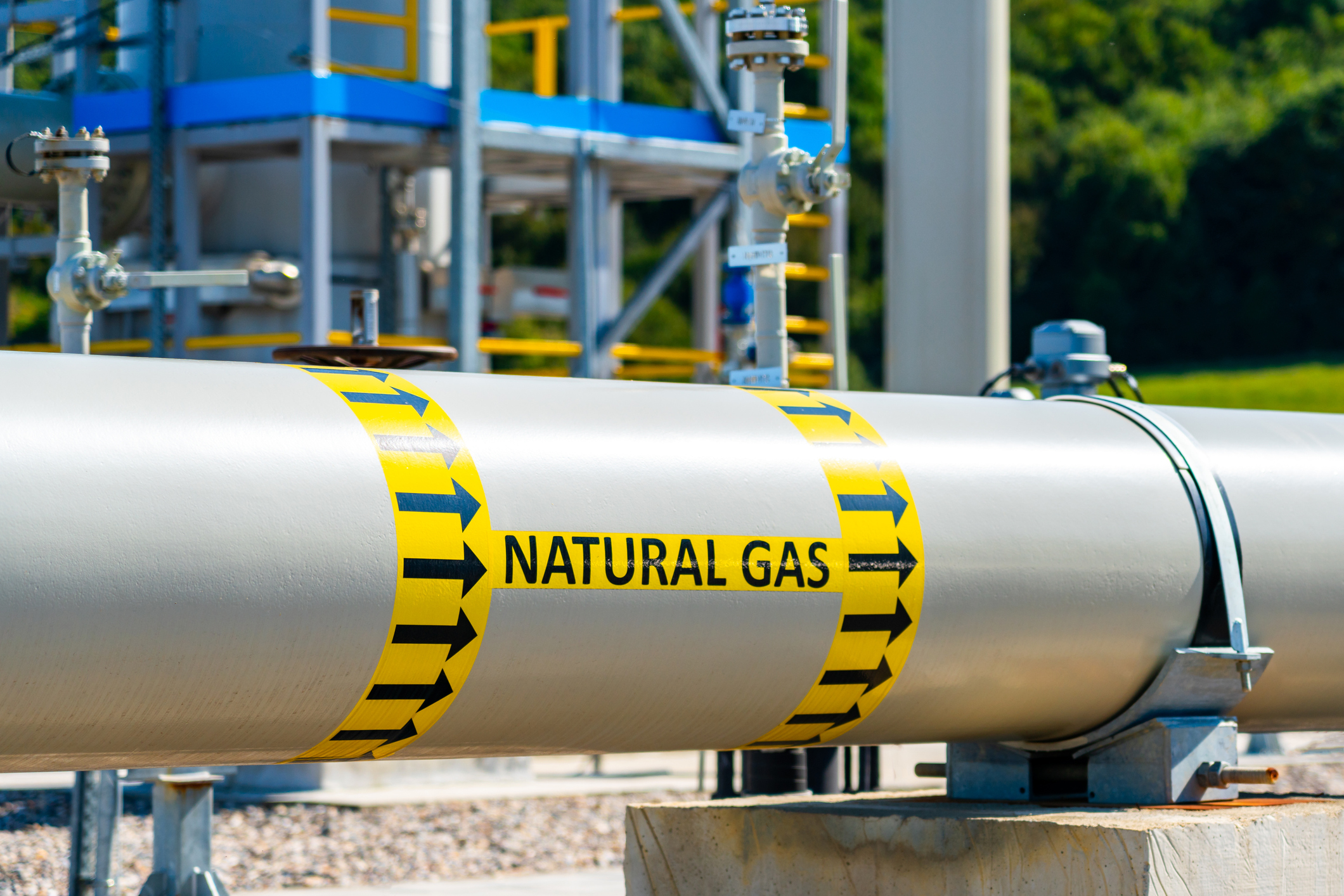
Using Gas Chromatography for the Analysis of Ultra Low Sulfur Compounds in Gaseous Fuels
Using Gas Chromatography for the Analysis of Ultra Low Sulfur Compounds in Gaseous Fuels Robust solution utilizing AC SeNse detector Ultra-low detection limits Superior sensitivity,...
Read More
Alternative Options for Distillation of Gasoline at Atmospheric Pressure
A number of refineries utilize a combination of technologies to effectively measure and enhance the distillation of crude oil into isolated hydrocarbon components, in order...
Read More
Total Sulfur and Nitrogen Analysis in Biofuels
Bio-feedstocks present a viable alternative to crude oil for the production of fuels. As with conventional fuels, these biofuels need to comply with the most...
Read More
Determination of Total Sulfur in Light Hydrocarbons by UVF
Sulfur is a natural element present in most hydrocarbon feed streams and contributes to a number of undesirable effects, including detrimental product quality, catalyst poisoning...
Read More
The Regulation of Gasoline Requires Thorough Analysis
Gasoline is primarily used as an engine fuel for vehicles, and as a product that is sold on the retail market, it must meet specific...
Read More
Exploring JFA-70Xi as a Sustainable Aviation Fuel
SAF (sustainable aviation fuels, sometimes referred to as renewable jet fuels or biojets) have widely been accepted as the major contributor to the aviation industry’s...
Read More
The Emergence of the Circular Economy as a New Market in the Petrochemical Sector for WPPO
In the energy industry, oil and gas continue to maintain a position of prominence, but the sector is currently undergoing a transition, changing its focus...
Read More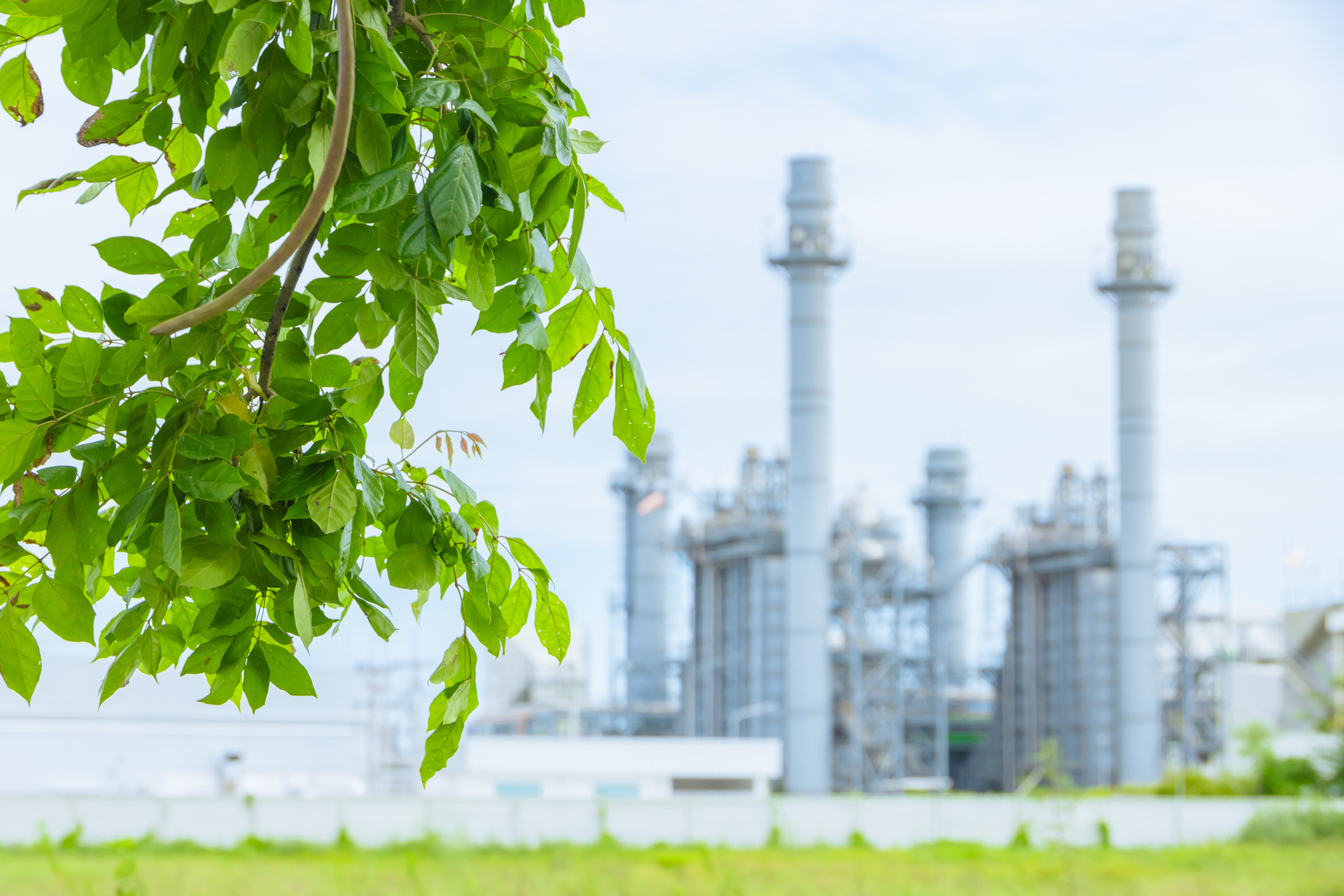
How does OptiFuel Enhance the Analysis of Gasoline, Diesel, and Renewables?
Global oil demand is on the rise, driven strongly by the petrochemical and aviation sectors.1 However, the availability of traditional energy sources, in particular crude...
Read MoreWhat is the Future of Viscosity Testing?
Viscosity testing is one of the foundations of performance assessment and quality control in the petroleum and lubricants sectors.
Read More
Enhancing the Blending and Measurement of SAF and Jet A Fuels with Icon Scientific & PAC Process Analyzers
Enhancing the Blending and Measurement of SAF and Jet A Fuels with Icon Scientific by PAC Analyzers.
Read MoreIcon Peltier Vacuum Chamber
Icon’s new technology blog, focusing on the industry-changing innovations integrated into our word-leading range of physical property analysers.
Read More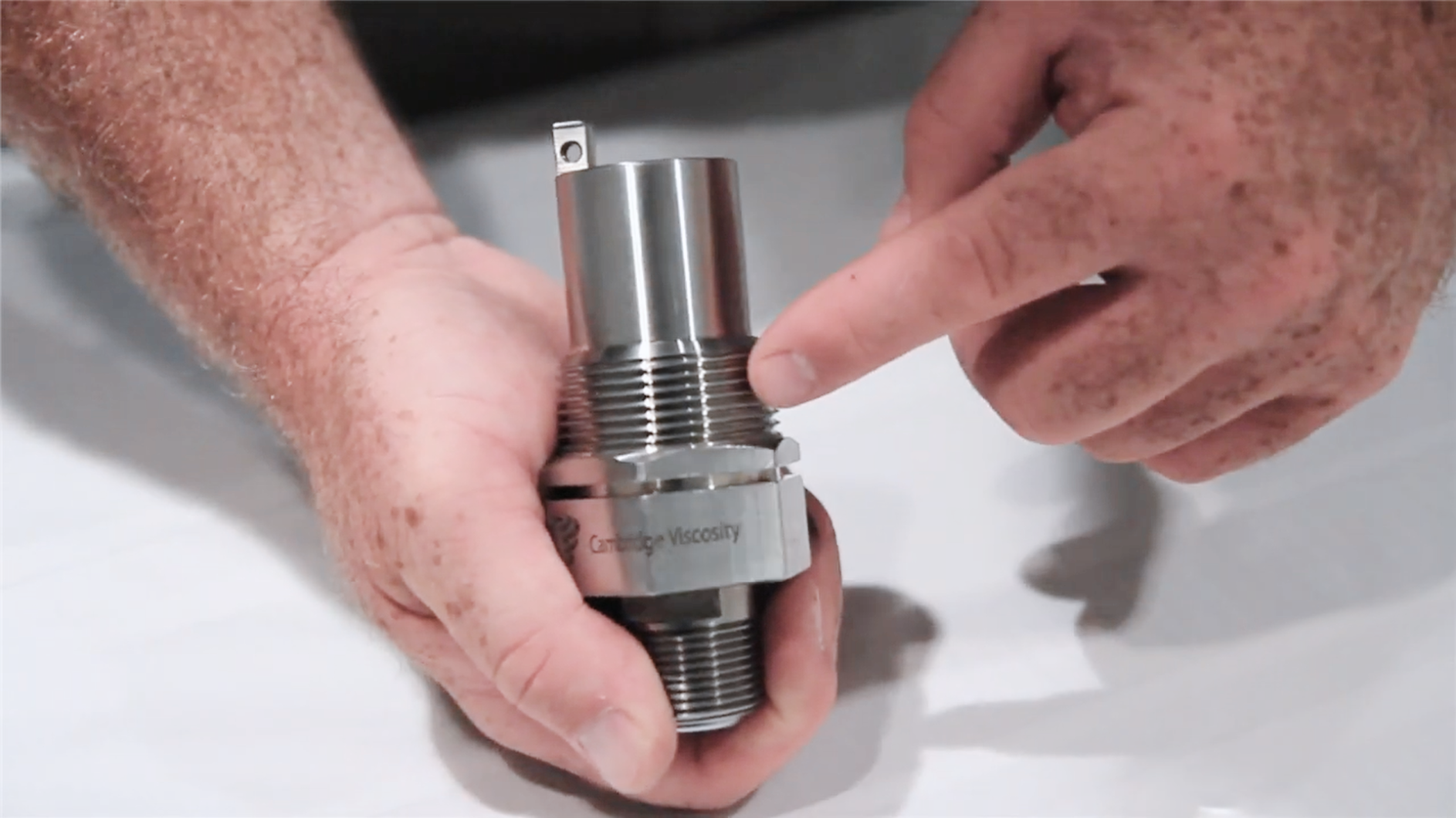
Measuring Viscosity: In-Line and In-Tank Viscometers
Learn about in-line and in-tank process viscosity sensors from Cambridge Viscosity by PAC.
Read More
Viscosity Control Improves the Medical Device Manufacturing Process
When choosing a viscometer, it’s important to know your application specification and which questions to ask.
Read More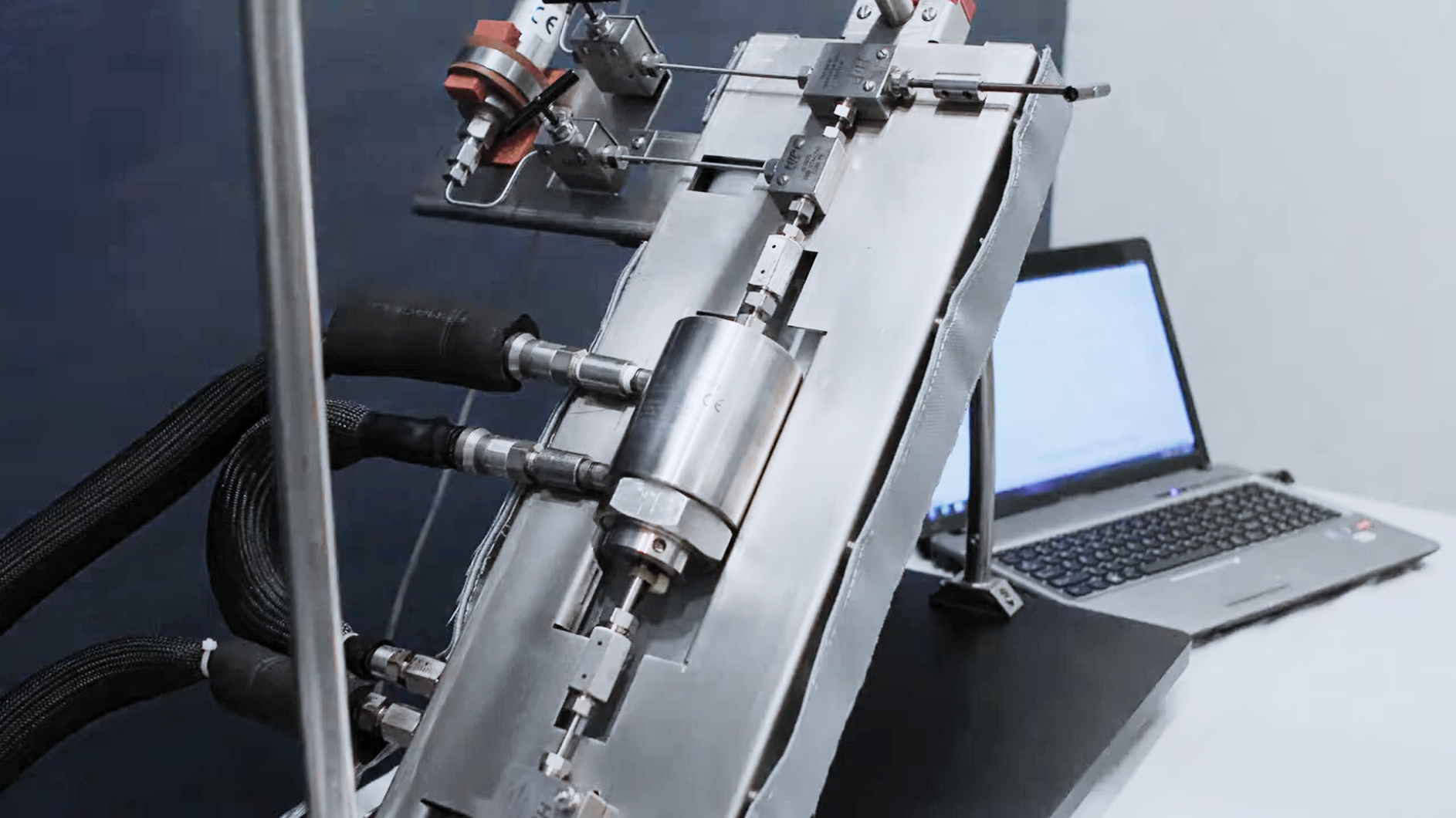
How to Choose a Viscometer
When choosing a viscometer, it’s important to know your application specification and which questions to ask.
Read MoreIcon’s Innovations: Advanced Cryo-Cooling Technology
Icon’s advanced Cryo-Cooling Technology: Innovation that is Rocket Science.
Read More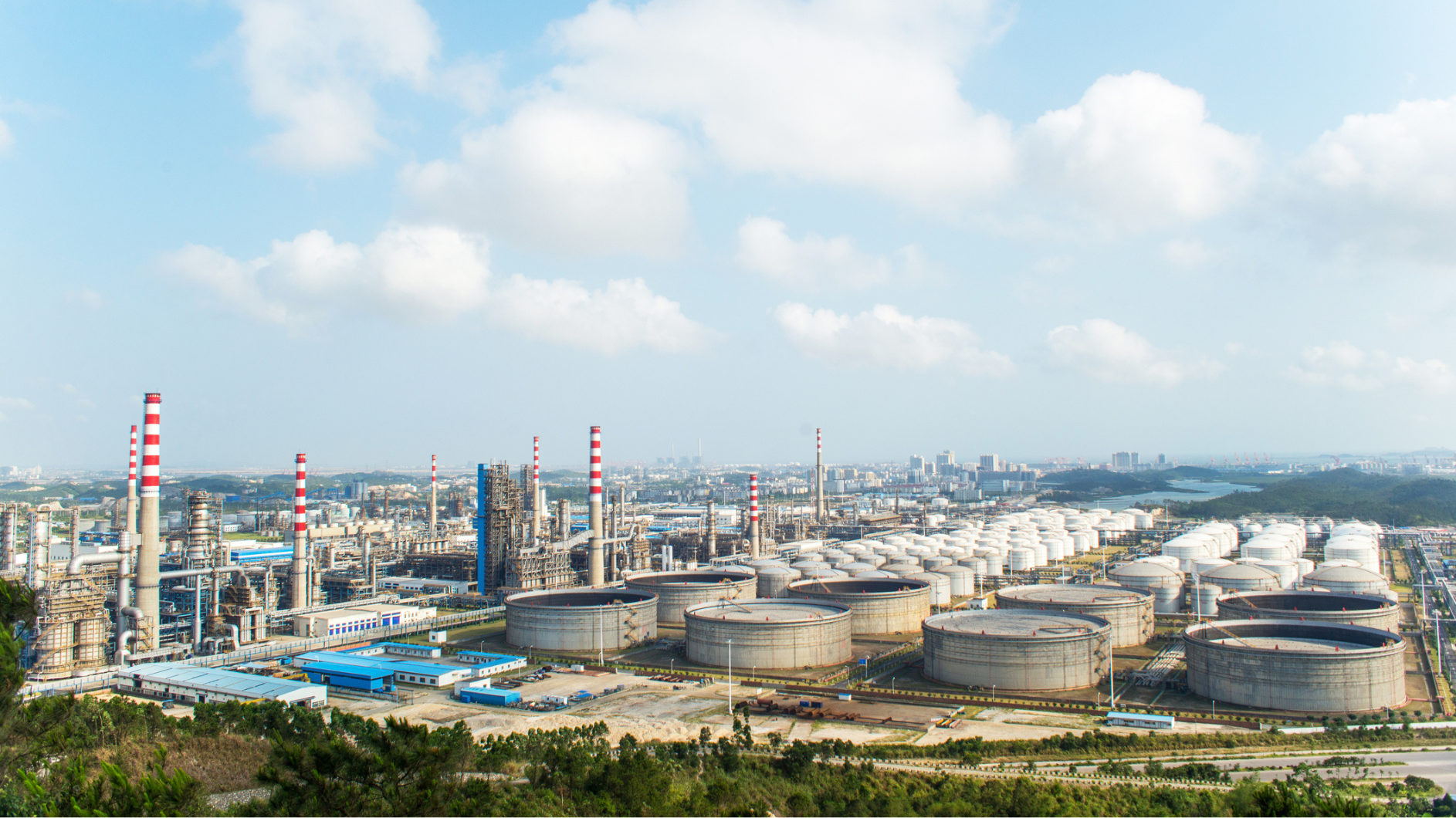
Monitoring Sulfur and Nitrogen in High-Viscous Products
Monitoring of products such as diesel or gasoline is common, and there are many options in the marketplace for measurement of liquid products with low...
Read More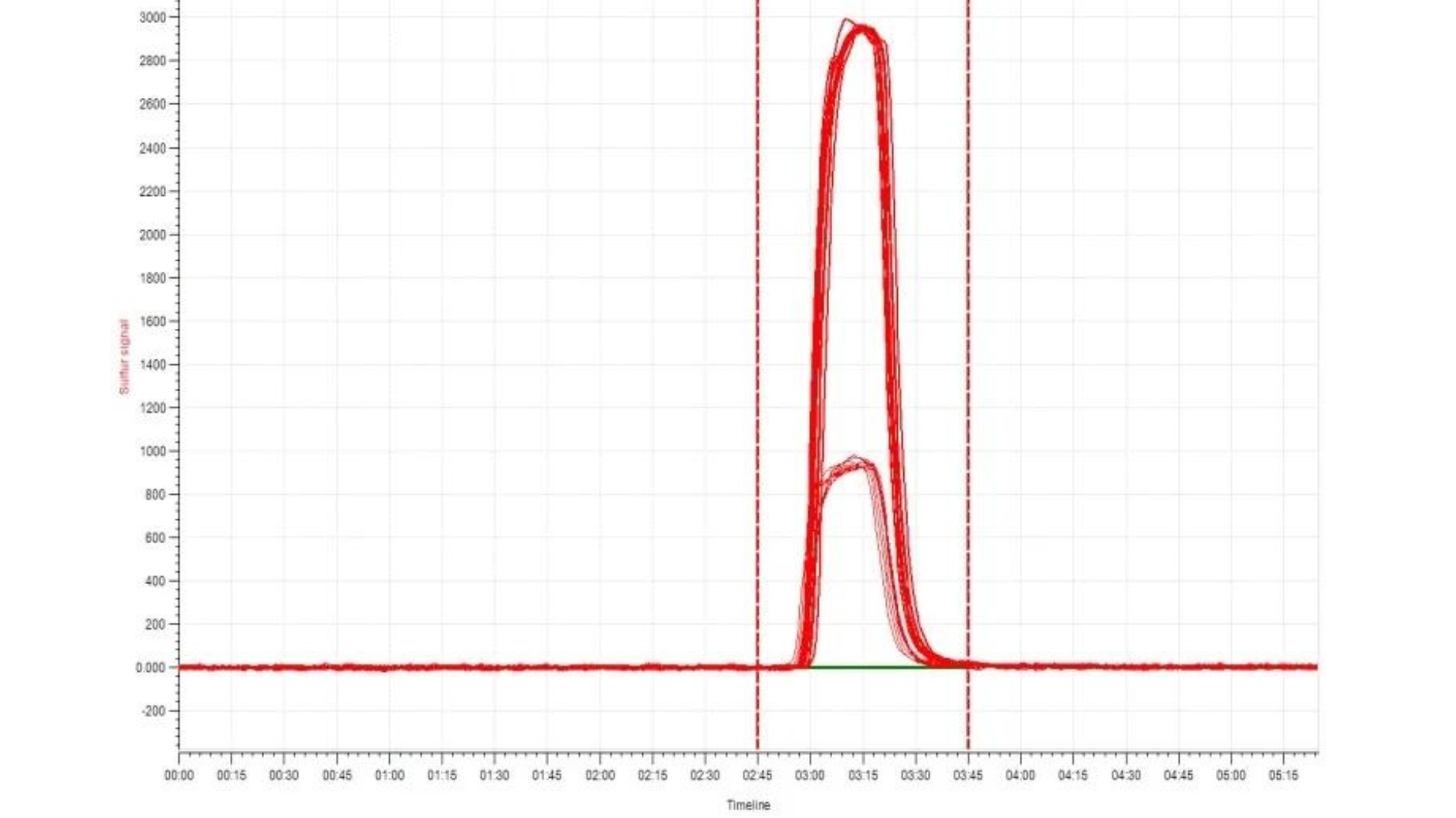
Determination of Total Sulfur in Light Hydrocarbons by UVF according to ASTM D5453
The ElemeNtS analyzer offers rapid and accurate determination of chemically bound sulfur, a fully automated injection and combustion system, and excellent sensitivity, repeatability, and linearity.
Read More
Thermal Oil Recovery
Thermal oil recovery is anything that uses steam to enhance oil recovery, or to recover hydrocarbons that are below the ground. This is common, for...
Read More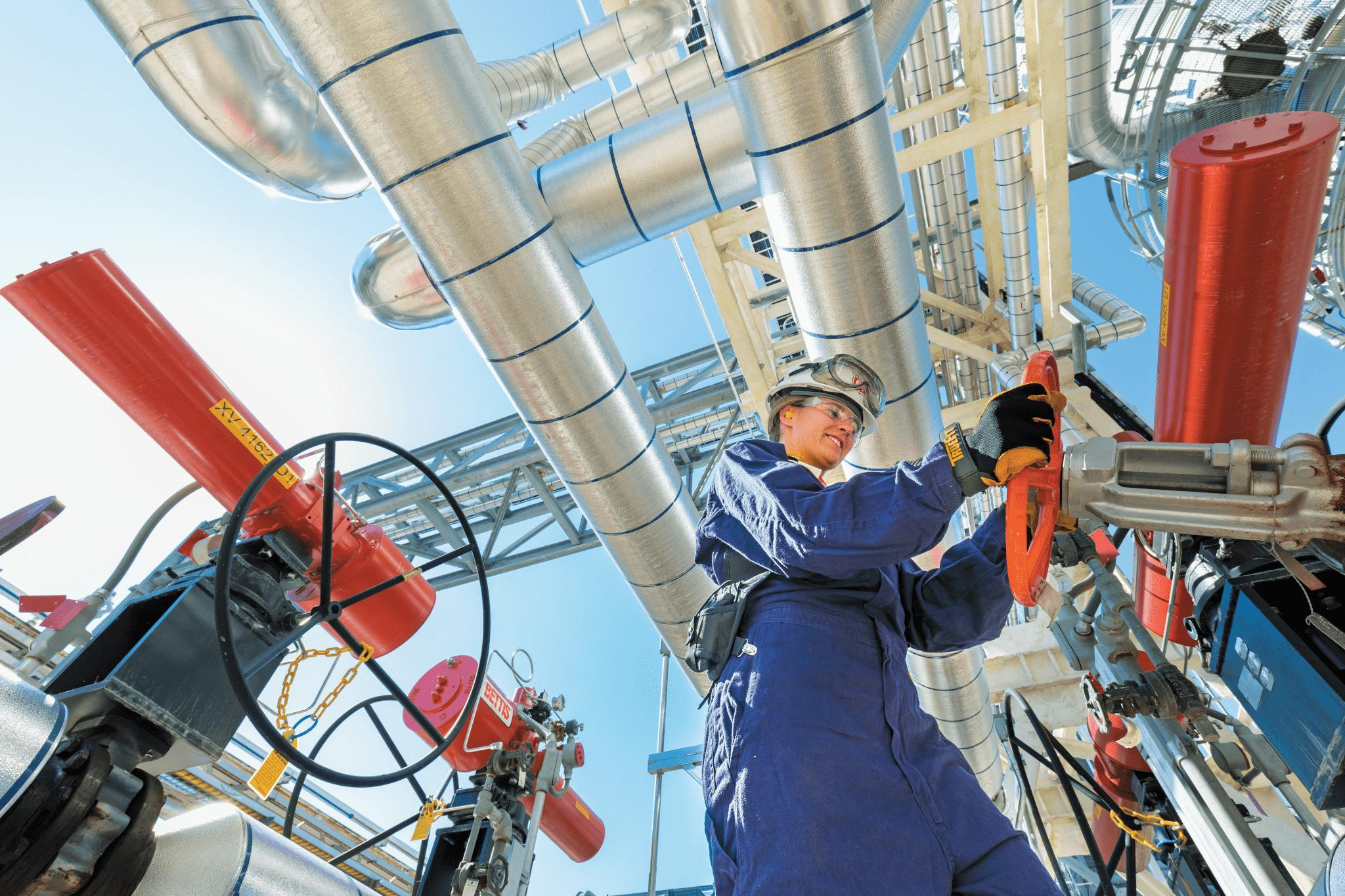
Reservoir Management: Online Oil-in-Water Monitoring
Overview of Advanced Sensors Oil-in-Water Units by Chevron.
Read More
Petroleum Institute Mexico Uses SIMDIS Technology to Accurately Determine TBP Physical Distillation
Read MoreIcon Scientific: Bigger, Better, and Greener
As we enter the final months of 2023, Icon Scientific is looking back on another year of innovation and growth.
Read More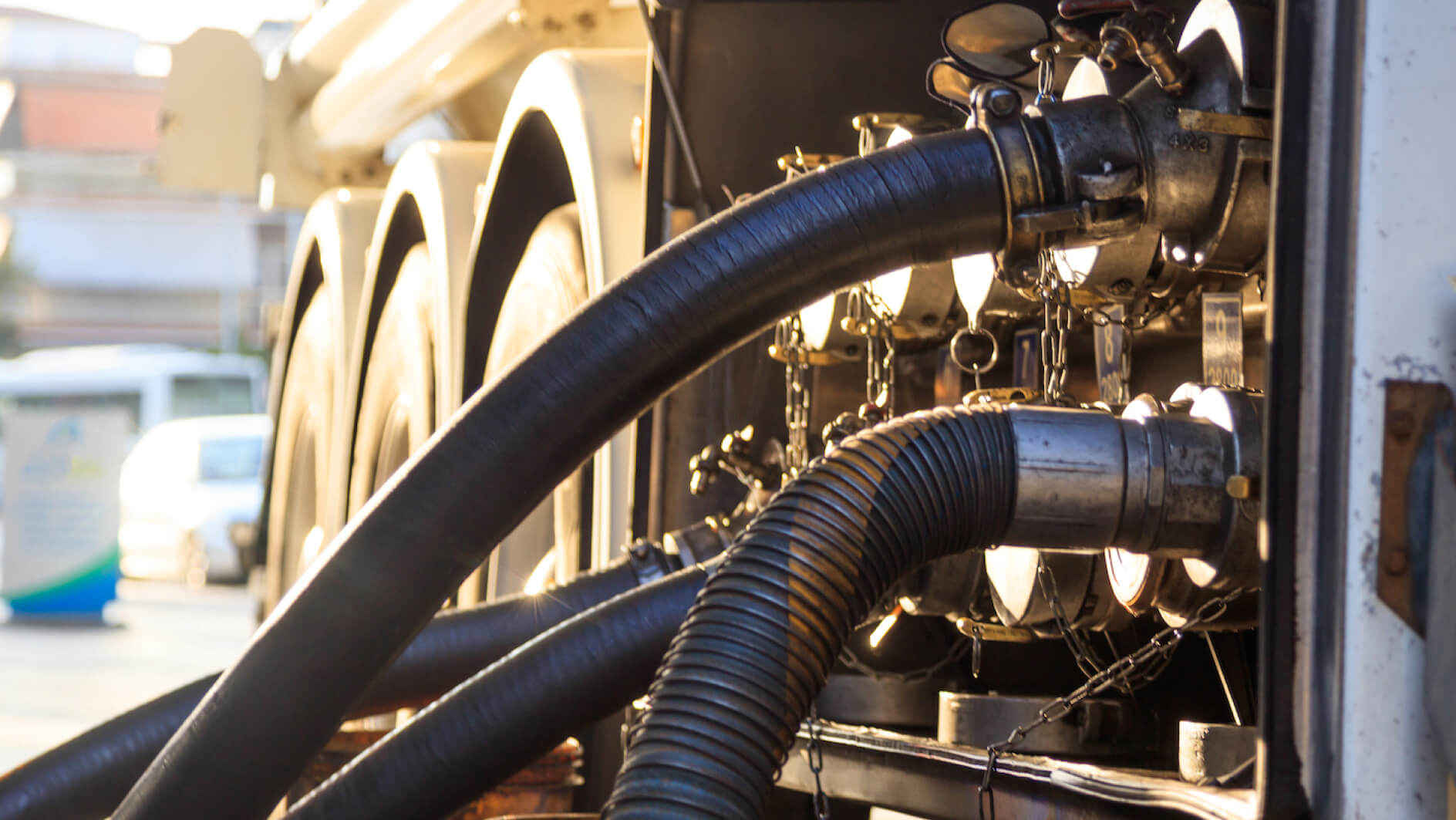
The Regulation of Gasoline Requires Thorough Analysis
Gasoline is primarily used as an engine fuel for vehicles, and as a product that is sold on the retail market, it must meet specific...
Read MoreBe The First To Know
Stay up to date with PAC news & updates, delivered directly to your inbox.


